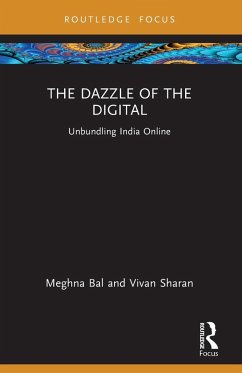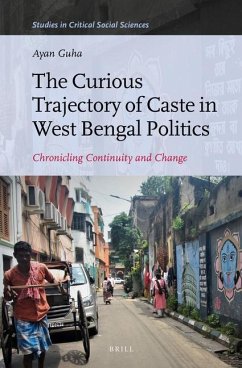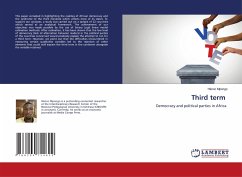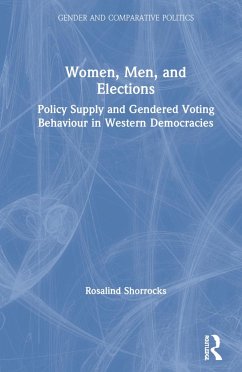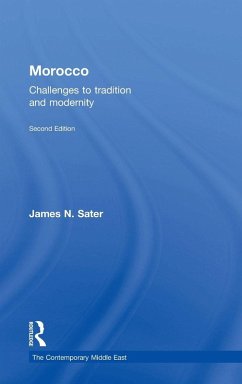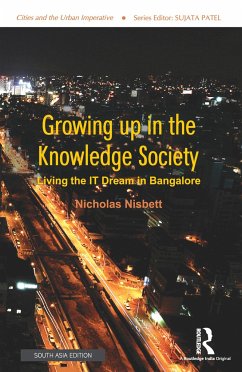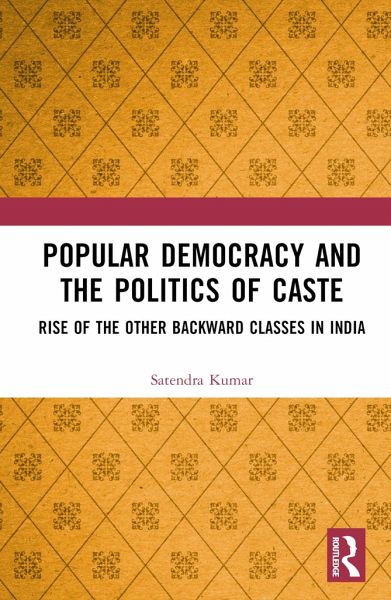
Popular Democracy and the Politics of Caste
Rise of the Other Backward Classes in India
Versandkostenfrei!
Versandfertig in 1-2 Wochen
167,99 €
inkl. MwSt.
Weitere Ausgaben:

PAYBACK Punkte
84 °P sammeln!
This book examines the intersection of caste and politics in North India and highlights its contribution to the anthropological study of democracy. It argues that the long-term process of internalization of democracy within the caste body has fundamentally changed the workings of the Indian party system. Drawing on an in-depth ethnographic case study of the Gujjars, a marginalized caste group in India, the book presents a systematic analysis of the political mobilization and culture of political participation of the Other Backward Classes to understand why and how certain caste groups have bee...
This book examines the intersection of caste and politics in North India and highlights its contribution to the anthropological study of democracy. It argues that the long-term process of internalization of democracy within the caste body has fundamentally changed the workings of the Indian party system. Drawing on an in-depth ethnographic case study of the Gujjars, a marginalized caste group in India, the book presents a systematic analysis of the political mobilization and culture of political participation of the Other Backward Classes to understand why and how certain caste groups have been more successful in politics than others. It discusses various key themes such as popular democracy and the politics of caste, regional politics and territoriality, myth, legends and heroes in the Gujjar community, the transition from lineage deities to caste deity, and the (re)formation of caste-community identity. It reveals the symbiotic relationships between religion and caste and shows how religion shapes contemporary caste. The book makes an important contribution to the study of marginalised groups and their politicization and fills a significant gap in the political sociology of India. It will be useful for scholars and researchers of sociology, history, exclusion studies, Dalit studies, political studies, history, social anthropology, and South Asian studies.






